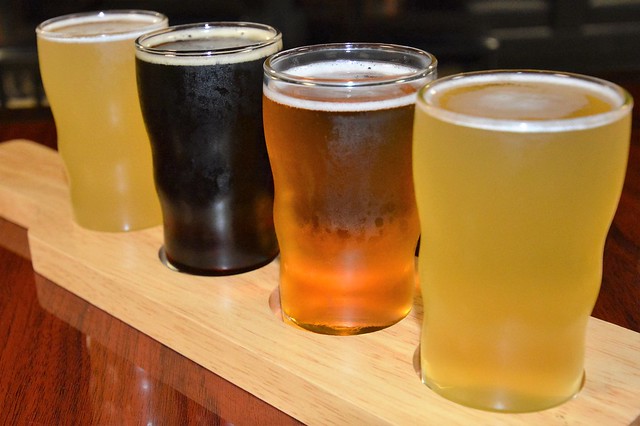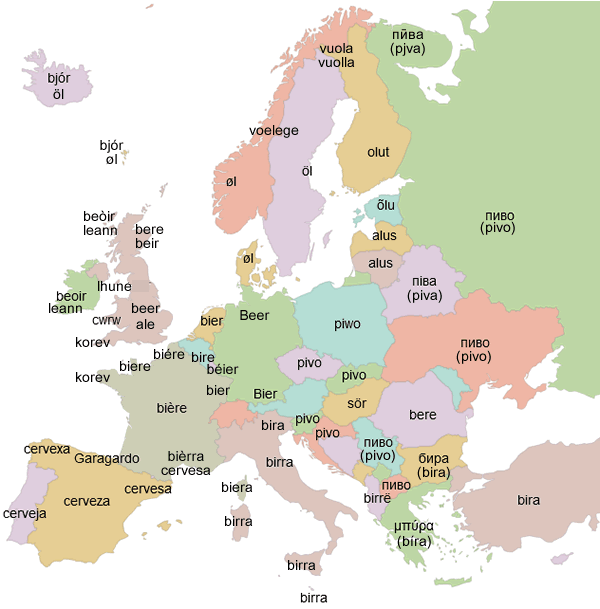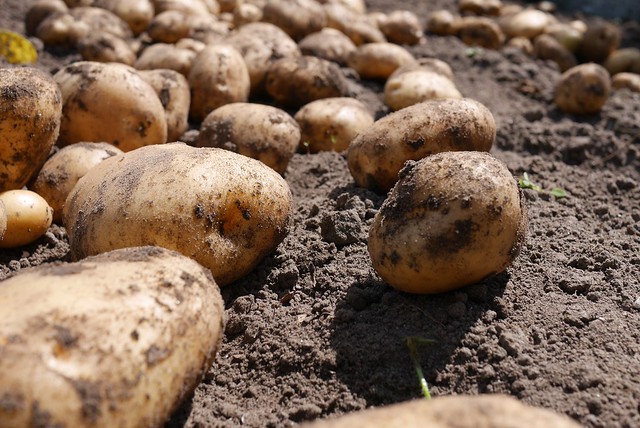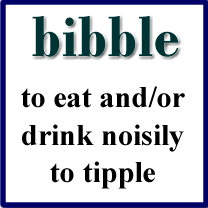An interesting Spanish word I learnt recently is hongo [ˈonɡo], which means fungus, fungal growth, mushroom, toadstool, bowler hat and derby. As this appears very different to words for mushroom in other Romance languages, such as champignon in French, I wondered where it came from.
Hongo comes from Old Spanish fongo (mushroom), from Latin fungus (mushroom, fungus, fungal infection, candle-snuff, dolt, idiot), from sfungus, from Ancient Greek σπόγγος (spóngos – spongue, tonsil), the origins of which are unknown [source].
Words from the same roots include sfungjer (sponge) in Albanian, սպունգ [spunɡ] (sponge) in Armenian, sponge in English, spugna (sponge, drunkard) in Italian, and сунѓер [ˈsuɲɟɛr] (sponge) in Macedonian [source].
Related words and expressions in Spanish include:
- hongo venenoso = toadstool
- nube de hongo = mushroom cloud
- sombrero hongo = bowler hat [source]
- valer hongo = worthless – colloquial, vulgar – used in Chile [source]
Other words from mushroom in Spanish include:
- champiñón, which means (button) mushroom, fungus or mold, and was borrowed from French champignon (mushroom, fungus) [source]
- seta, which is used in Latin America to mean mushroom, and possibly comes from Ancient Greek σηπτά (septá – lost things), from σηπτός (septos) [source]
- callampa = mushroom or umbrella, and in the plural, callampas, shanty town. It’s used in Bolivia, Chile, Ecuador and Peru, and comes from Quechua qallampa or Aymara qallampa [source]
The French word champignon (mushroom, fungus, fungal infection, accelerator pedal), comes from Vulgar Latin *campāniolus (mushroom, lit. ‘grows in the field’), from Late Latin campāneus (of or pertaining to the fields), from Latin campānia (plain, countryside surrounding a city, cultivatable land), from campus (open flat level ground, a plain, a natural field), from Proto-Indo-European *kh₂ém-po-s, from *kh₂emp- (to bend, curve, smooth) [source].
Incidentally, the English word mushroom comes from Middle English muscheron (mushroom, fungus, toadstool, a surname), from Anglo-Norman musherum, from Old French mousseron / moisseron (mushroom), possibly from Old French mosse/moise (moss) [source].








